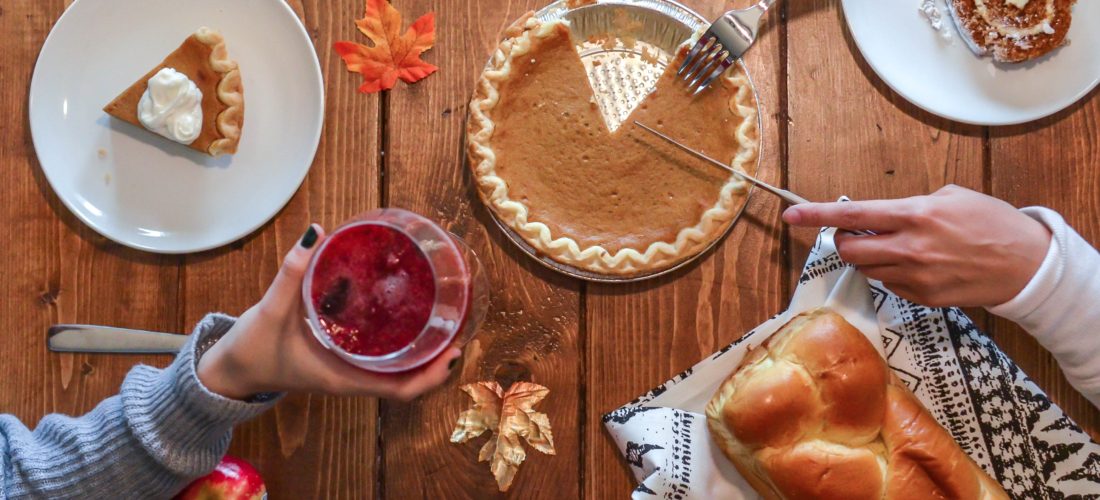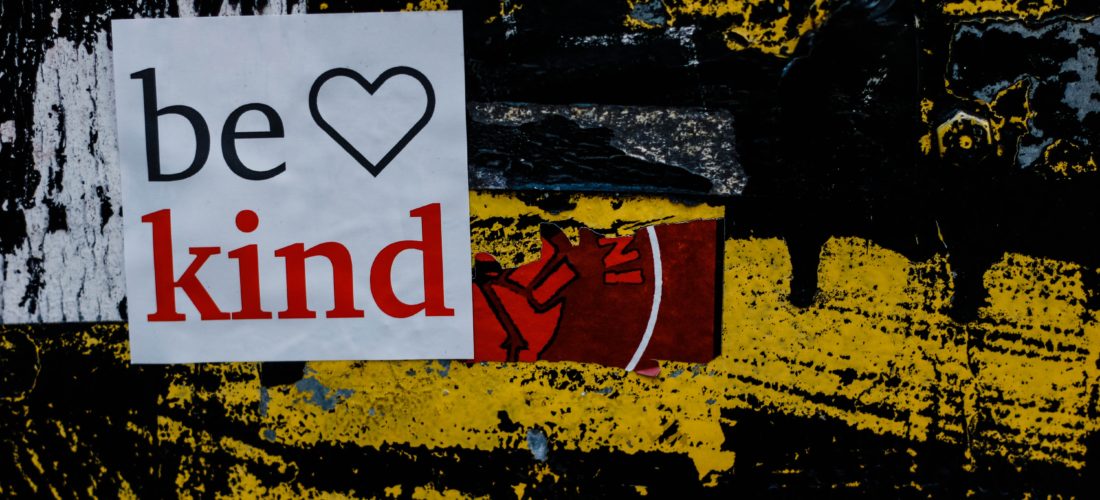“No, I’m not surprised she’s pregnant three months after the wedding.”
Let me set the scene. A woman in her thirties is single, but definitely looking. She wants it all—the temple wedding, the wonderful marriage, the gaggle of kids. Except, it’s harder now because she’s…well…she’s not exactly “young” anymore. She aged out of the young single adult ward years ago which means her thirty year old birthday passed without so much as a ring on her finger. Trying to find an unattached Mormon man is a bit difficult as most Mormon men her age are married. It’s not that she’s picky, either. A divorcee with kids is fine as long as she has some of her own. Getting sealed in the temple is also an absolute must, so only a Mormon man will do.
Her whole life she’s heard about the importance of marriage and children. It started in primary when her teachers showed their wedding pictures in front of the temple. Many of her youth activities centered around women’s roles as homemakers and childminders. Lessons were taught on how to support the priesthood holding men in her life. She was always encouraged to babysit, help with the housework, and to learn how to cook from scratch. She still has the handwritten note she made at fifteen where she listed all the attributes she wanted in her future husband. It was part of a Young Women’s activity where they modeled modest wedding dresses and put together collages of their future wedding. She even listed how many children she wanted!
She was destined for marriage. How could she not be? It’s what all women are called to do and she’s always been willing. In her daily prayers she humbly asks Heavenly Father to help her find the right man to take her to the temple. It doesn’t help that every ex-boyfriend ends up marrying the next girl he dated. She’s never “the one” but she holds tightly to hope.
This thirty-odd year old women is well loved by everyone in her life. Really!Everyone constantly says how adorable, funny, smart, sweet, and charitable she is. Plus, she’s great with kids (because she wants some of her own). How someone hasn’t swept her off her feet yet is a complete mystery. She clearly wants marriage and children and her friends want that for her as well. Despite everyone’s best effort and intentions, it just doesn’t happen.
Finally, one of her friends sets her up with a guy they know. He’s also aged out of the young single adult ward and faces the same predicament of not really fitting in with all those families in a regular ward. He also desperately wants to be married. They hit it off immediately and everyone agrees they are the cutest couple. Honestly…they are!
They marry within a year of that wonderful first date. Everyone, especially the happy couple, breathes easier.
Within months of the wedding she announces her pregnancy. Again, everyone is ecstatic. A baby is on the way! How wonderful!
Then one person privately says to a few others, “I sorta hoped she’d have waited a bit. You can’t get that newlywed time back!”
Sigh.
Therein lies the problem. I understand the sentiment and the worry—a baby changes everything!—but you can’t have it both ways. You can’t simultaneously preach that marriage and family are the most important things in this world, that a woman’s main purpose and goal should be marriage and children, and that the main thing that sets her apart from everyone else is her lack of man and child, then be saddened when she rushes into it. Given everything involved, situations like this shouldn’t come as a surprise to anyone. Marriage and children are a huge, important part of Mormon culture and an unmarried adult is a menace to Mormon society—at least that’s how a lot of the leadership seem to act.
So let’s talk about this marriage culture within Mormonism.
I remember my first year at BYU we had a “special” stake conference. Our stake president impressed the importance of attending. He had a very special message to give us.
The main point of this talk? Dating. We needed to date in a way that would lead to a temple marriage. Basically, we were commanded to pair off, stop group dating, and never put off marriage. At the time I was barely eighteen.
Going a bit further, I remember young women lessons and mutual activities where I made lists of qualities I wanted in my future husband. We then looked through magazines for modest wedding dresses and put collages together of our dream wedding—complete with color schemes and centerpieces. I wasn’t sixteen yet, the proper age for Mormons to begin dating.
Most of my church lessons related someway to our future family. Budgeting, cooking, housework—it was all to prepare us for our future home with children. Even lessons about continuing education were taught through the slant of “do something that will work around your kid’s schedule” or “make sure you get a degree in case something bad should happen to your husband and you need to work.” Choosing a path that interested me or I was passionate about was pushed away and deemed not “family friendly” enough. Conversations about my role in my future family started when I was twelve, but I’m sure it subtly started when I was much younger.
These lessons and activities came to me multiple times a year—at least once a month. Not only was I learning this at church, but it was also taught at my mother’s knee. She always made sure to emphasized that every decision I made would affect my future husband and children. I was going to be a stay-at-home mom because it was the best thing for a family. Period. The idea that I might not want to marry, that I might want to put off having children, or that I may find actual joy and accomplishment in a career was never considered. My role was crystal clear: I would be a wife and mother first and everything else, including myself, came second.
Is it any wonder, then, that at the ripe old age of twenty I found myself married? I was actually quite proud of my accomplishment as I was the first in my group of Mormon friends to “make it.” My wedding day was filled with a sense of relief because I was married, which meant my life could now begin.
Is it also any wonder that at age twenty-two, when I was feeling lost and out of place, that the solution was having a baby? I was pushing it a bit, wasn’t I? I mean, I’d been married for two years now. I was sitting at the crossroads between finishing school or having a baby and I just couldn’t see the point of putting more money and time into my education and then barely eking out a career only to stop it all be a stay-at-home mom. Careers, passions, and aspirations were just placeholders for my true purpose, anyway.
So, of course, the one thing that surprised me most about having children wasn’t how hard it was or how much things changed. It was all the things that didn’t change. Those dreams, desires, and aspirations I thought would go away? I still had them. They never left. I had the idea that everything I wanted in life would mean nothing to me once I had that baby in my arms. Instead what I found was that I was the same women as before. I still held all the same desires and goals—only now I was holding a baby. Motherhood didn’t change me as much as I thought it would.
I don’t think I’m alone in that realization. I don’t think I’m the only woman who assumed things like hobbies, careers, education, and dreams only served as the “back up plan” as we all waited to be carried off to the temple. Life for a woman only truly begins once she has a child.
Years ago I was sitting in the Women’s General Conference when one of the women speakers talked about this topic. She related a story from her personal life. She was the woman who longed to be married, the one who was a bridesmaid and never a bride. She watched all her friends marry and she was still—heartbreakingly—single. Since marriage wasn’t happening she focused on her career in childhood education. She was very successful and eventually became a principal. Just when she had given up hope, she started dating a widower who had a handful of children. She feel in love, they married, and she quit her career to be a stay-at-home stepmom. She said all her years in childhood education prepared her for this very moment. Her life is now truly fulfilled.
When she was done an anger surged up inside me. I couldn’t explain it, I just knew I was upset and no one seemed to understand when I tried to explain. This woman was happy now, wasn’t that enough? Wasn’t is wonderful that her life was fulfilled? She finally, after years of faith filled prayers and patient waiting, received the a family. Why should that cause such hard feelings within me?
Years later and now I understand that anger. I was angry at hearing the same lesson I had heard all my life—that everything I do is for marriage and children, that I have nothing of my own, and that a woman isn’t really happy or fulfilled unless she’s attached to a husband and children. Anything that comes before that isn’t real happiness. There are no women in the church who manage to have an identity all to herself. There’s only women who are married and those who are not. Those who are not need to explain themselves and are pitied. Even Sheri Dew is known more for her single status rather than anything she has done or taught. Is a woman really a woman if she’s not married with children?
So, when I hear about a woman who is the last of her friends to get married, who at thirty felt like a failure because she didn’t have a ring on her finger, and who finally found someone after all these years, I’m not at all surprised that she’s pregnant three months after the wedding. After all, she has been taught everything before was only a way to pass the time and prepare her for her true purpose. That true purpose, of course, only started when a little blue line became visible on that pregnancy stick.
Of course she did not wait. Why would she? Everything in her life has prepared her for this very moment. She has been judged and pitied for her unmarried status. Countless lessons and talks from the time she was twelve (or younger) centered around marriage and her main role as mother. Time is now shorter for her and she has less time to squeeze in (or out) a large family. She’s waited long enough, thank you very much, and she will not wait a moment more.
As I said before, you can’t have it both ways. You can’t repeatedly tell women that their sole purpose is child bearing, encourage that purpose at every turn, then be surprised or saddened when they rush into it head first.
Perhaps we should be teaching our girls that they have purpose and worth outside of marriage and children. Because, in complete honesty, I don’t want my daughters picking out wedding dresses before they even start dating. I don’t want my daughters feeling the pressure to get married just as they’re starting their adult lives. I don’t want my daughters to limit themselves to only a handful of possibilities when a sea of opportunities are open for them to explore. I don’t want my daughters to feel bad for not being married before twenty-one and then think a baby will fix the sense of of feeling lost so common in early adulthood.
What I want is for my daughters to decide what fulfills them rather than being told what should by men old enough to be their great-grandfathers. I want my daughters to live the lives they want, one designed by them, and then be unapologetic about it. I want life partners and children to add to my daughters’ already full lives, not become their life.
I just want my daughters to live a life for themselves—one they can be happy and proud of whether or not they have a life partner or children.






